PCBUs might share a duty in relation to the same work health and safety matter when they:
- are involved in the same activities (e.g. part of a supply chain)
- have a duty of care for the same worker or workers (e.g. labour hire agency, host employer and building owner)
- share the same workplace (e.g. construction site with subcontractors; building foyer in a multi-tenanted building)
In these situations, duty holders must consult and exchange information to find out who is doing what and work together in a cooperative and coordinated way to manage WHS risks.
WHS duties can’t be transferred and it’s not okay to just assume another duty holder will take responsibility for a health and safety issue – even if it seems they’re the one that should take responsibility.
What is reasonably practicable for consulting, cooperating and coordinating activities with other duty holders will depend on the circumstances. For example, two contractors working together may engage in direct discussions and planning as part of their everyday work, whereas the owner of a large shopping centre may need formal mechanisms with the retail businesses, for example written agreements and health and safety committees.
Consulting with other duty holders
As a PCBU, you should start consulting with other duty holders as soon as you become aware they are or will be involved in the work. Contact them and start discussions as soon as you are reasonably able to do so. Working together in the planning stages will help you identify and address issues early.
Consultation will help you work out which health and safety duties are shared and how you will cooperate and coordinate your activities.
Consultation should help you to develop a shared understanding of:
- the work health and safety hazards and risks
- how the activities of each business or undertaking may interact and add to the hazards and risks
- the workers that may be affected, and
- how the risks will be managed and who is best placed to manage each risk.
Consultation should define the roles, responsibilities and actions for each duty holder.
The PCBU with the most influence and control over a matter will be in the best position to manage the associated risks. You can enter into agreements with other PCBUs to make sure duties are met so long as it does not limit or modify your own WHS obligations.
For more information on duties in a contractual chain, where there are multiple contractors and subcontractors involved in the same project or work matter, refer to the WHS duties in a contractual chain fact sheet.
Arrangements for consulting with workers
Each PCBU needs to meet their duty to consult with their workers (and their representatives). However, you should discuss arrangements for consulting with workers with other duty holders. Coordinated consultation arrangements will make them more effective and efficient.
You may need to adjust or establish new consultation arrangements depending on the circumstances. For example, several PCBUs might work together to collectively consult all workers at a worksite or working on the same project.
Cooperating and coordinating with other duty holders
Cooperation may involve implementing the arrangements you’ve agreed to through your consultations (doing what you agreed to do) and not acting in a way that might compromise what the other duty holder is doing in relation to health and safety.
It also means responding to reasonable requests from other duty holders to assist them in meeting their duty.
Coordination requires duty holders to work together so each person can effectively meet duties without leaving any gaps. This includes making sure the control measures you each put in place complement each other and effectively control the risks.
Coordinating activities may include scheduling work activities so each duty holder carries out their work separately or at an appropriate time. It may require work to be arranged in a way that will allow pre-conditions to be met before work is done.
Where work is not coordinated effectively, further consultation should occur to determine what needs to change.
More information on consultation, cooperation and coordination can be found in the Model Code of Practice: Work health and safety consultation, cooperation and coordination
Supporting information
- Model Code of Practice: Work health and safety consultation, cooperation and coordination
- Worker representation and participation guide
- Principles that apply to health and safety duties
- Fact sheet on Duty to consult, cooperate and coordinate with other duty holders
- Consultation checklist
